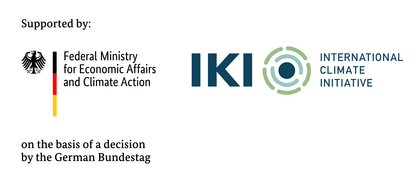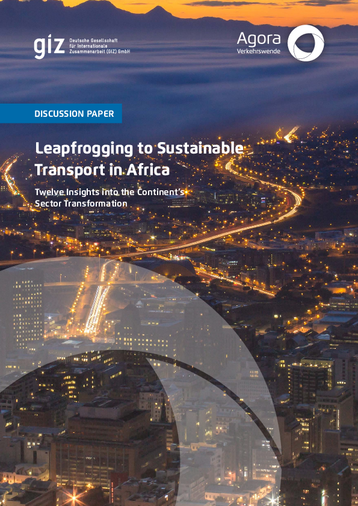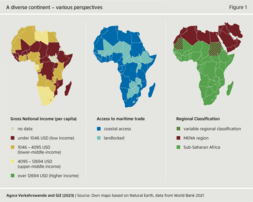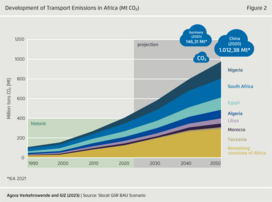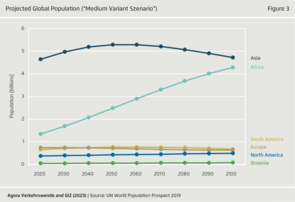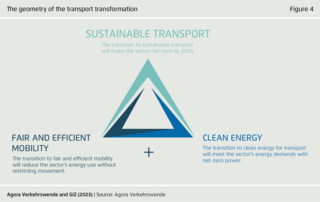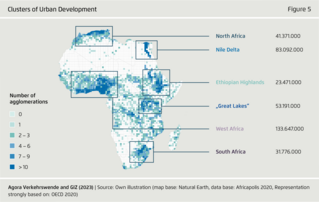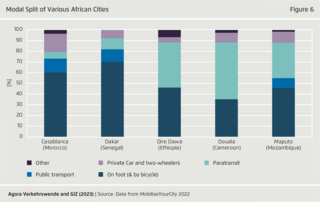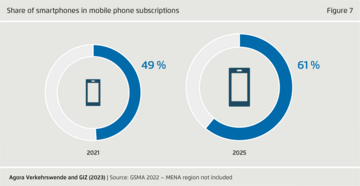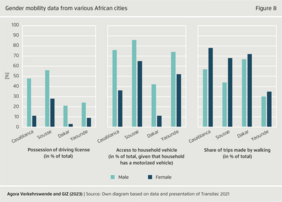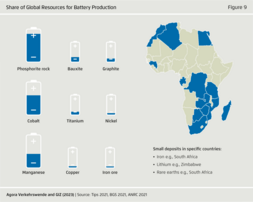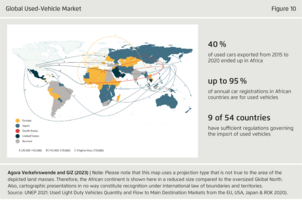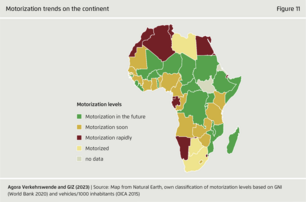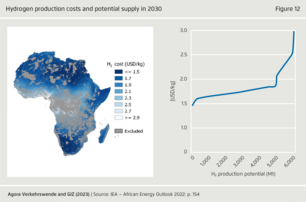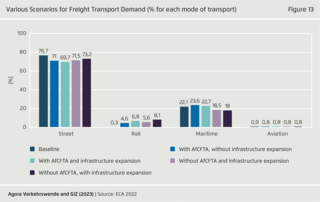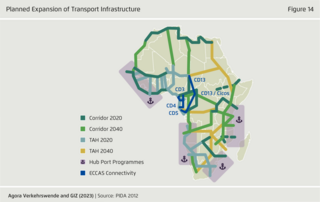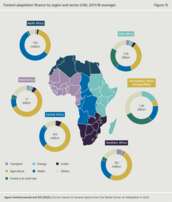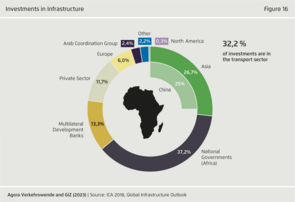In many parts of the world, a clear consensus has emerged concerning the need to reduce reliance on fossil fuel-based mobility. But does this consensus hold true for the African continent, a complex amalgam of nations and urban settlements on the brink of unprecedented growth? How will transport shape the way Africa’s nations face climate change?
Will future discussions focus on the transformation of the African transport sector – that is, on a remaking of mobility in the manner of a Verkehrswende (as one says in German)? Or will we instead witness a leapfrogging to new technologies, as was seen in the telecommunications sector? Moreover, what will be the proper terminology for describing associated developments in African transport?
With these questions in mind, we initiated a dialogue with a wide range of participants. After extensive internal deliberation, we solicited contributions from leading German institutions working in Africa, and then hosted a series of discussion groups with African experts.
The twelve insights that emerged from this process are based on data as well as on subjective assessments. They are a synthesis of perspectives concerning the realities, potentials, and exigencies of transport in Africa, both now and in the future. Of course, in light of the diversity and complexity of the African continent, our findings are necessarily provisional, and require further input from African stakeholders.
Accordingly, this paper represents the first step in a longer journey. Our goal is to kick off discussion not only in Africa but in Europe and at international scale as well. For the climate crisis can only be managed with the engagement of the entire global community. And an Africa that is prosperous, sustainable, and resilient will be crucial to overcoming the challenges that lie ahead.
